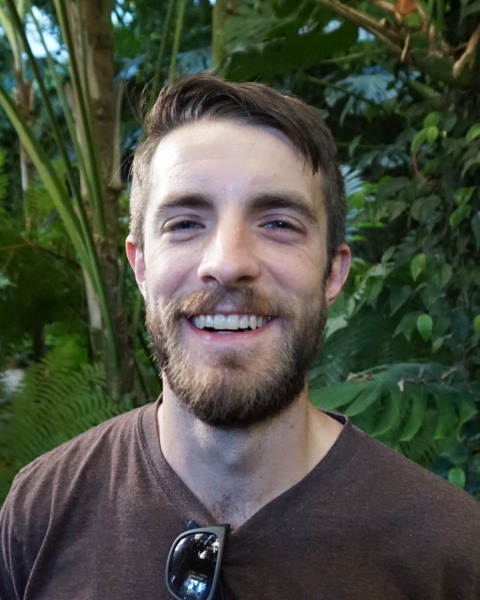Myeloma Microenvironment and immune profiling
Poster Session 2
P-497: Longitudinal single-cell multi-omic profiling of human T cells in newly diagnosed multiple myeloma patients over the course of VRd and autologous stem cell transplant therapy
Thursday, September 28, 2023
12:30 PM - 1:30 PM EEST

David R. Glass, PhD
Postdoctoral Fellow
Fred Hutchinson Cancer Center
Seattle, Washington, United States
Introduction: Multiple myeloma is a heterogeneous hematological malignancy in which neoplastic plasma cells undergo clonal proliferation in the bone marrow. While significant advances have been made in the development of therapeutic strategies, over 100,000 people still die from multiple myeloma each year. VRd therapy (bortezomib, lenalidomide, dexamethasone) with autologous stem cell transplant is the standard first-line treatment for multiple myeloma patients. While this regimen has improved patient outcome, there is a critical need to better understand the antigen-specific T cell response to newly diagnosed multiple myeloma and how it is modulated by VRd therapy and autotransplant.
Methods: Here, we collected longitudinal bone marrow and peripheral blood samples from newly diagnosed multiple myeloma patients before and after VRd therapy and autotransplant. To deeply profile the T cell response, we performed single-cell multi-omic profiling of T cells from patient samples, enabling quantification of surface protein and transcriptional expression profiles paired with T cell receptor (TCR) sequences. In addition, we applied mass cytometry (CyTOF) with highly multiplexed peptide-MHC tetramers to associate T cell phenotypes with their antigen specificity against a range of myeloma and bystander viral antigens.
Results: To better understand the myeloma-specific response, we quantified the extent of exhaustion observed in T cells from myeloma patients as compared to healthy controls and patients with other cancers. We identified a CD69+ bone marrow-resident T cell population that was absent in the peripheral blood and traced the clonal and transcriptional dynamics of this population over the course of treatment. We relate the compositional changes induced by autotransplant, including the loss of CD103+ tissue-resident and recirculating memory T cells, and quantified changes in the phenotype of both putative tumor-specific and bystander T cells.
Conclusions: These findings provide unprecedented resolution into the cellular response to multiple myeloma in vivo and the therapy-induced effects on the endogenous immune system.
Methods: Here, we collected longitudinal bone marrow and peripheral blood samples from newly diagnosed multiple myeloma patients before and after VRd therapy and autotransplant. To deeply profile the T cell response, we performed single-cell multi-omic profiling of T cells from patient samples, enabling quantification of surface protein and transcriptional expression profiles paired with T cell receptor (TCR) sequences. In addition, we applied mass cytometry (CyTOF) with highly multiplexed peptide-MHC tetramers to associate T cell phenotypes with their antigen specificity against a range of myeloma and bystander viral antigens.
Results: To better understand the myeloma-specific response, we quantified the extent of exhaustion observed in T cells from myeloma patients as compared to healthy controls and patients with other cancers. We identified a CD69+ bone marrow-resident T cell population that was absent in the peripheral blood and traced the clonal and transcriptional dynamics of this population over the course of treatment. We relate the compositional changes induced by autotransplant, including the loss of CD103+ tissue-resident and recirculating memory T cells, and quantified changes in the phenotype of both putative tumor-specific and bystander T cells.
Conclusions: These findings provide unprecedented resolution into the cellular response to multiple myeloma in vivo and the therapy-induced effects on the endogenous immune system.
